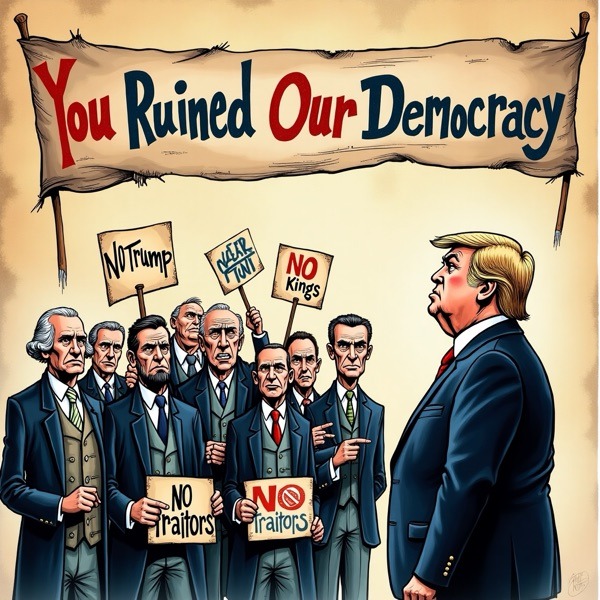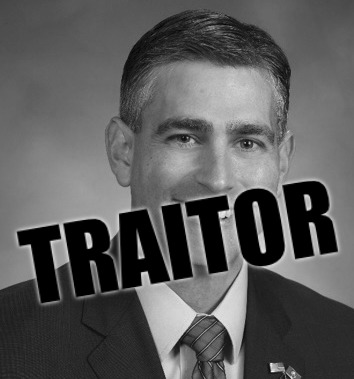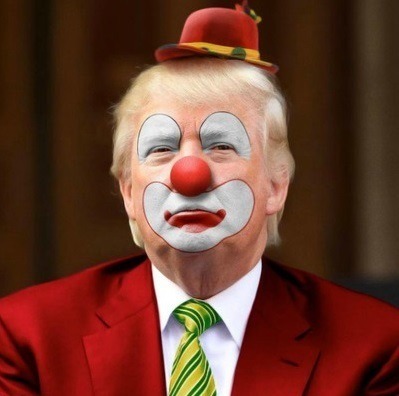In an interview today Donald Trump made headlines by suggesting that he is “not joking” about the possibility of serving a third term. While this may seem like another one of Trump’s hyperbolic comments, it’s important to understand that such a claim is not just absurd—it’s downright unconstitutional.
The United States Constitution, through the 22nd Amendment, clearly prohibits any individual from being elected to the office of president more than twice. This amendment, passed in 1951, was a direct response to Franklin D. Roosevelt’s unprecedented four terms in office. It was designed to ensure that no one person could hold the presidency for an extended period, preventing the kind of power consolidation that could undermine the nation’s democratic foundations.
To be clear, Trump’s suggestion is not just a quirk of political speech—it is an affront to the very fabric of the U.S. Constitution. Even if he were to somehow push for a third term, there is simply no legal or constitutional pathway to make it happen. The only way such a change could occur would be through the laborious and politically improbable process of amending the Constitution. This would require approval from two-thirds of both houses of Congress and ratification by three-fourths of state legislatures. The sheer difficulty of this task makes it highly improbable, and the political will to amend the 22nd Amendment is virtually nonexistent.
Trump’s comments about a third term are not only legally nonsensical—they also reflect a dangerous disregard for the principles that uphold America’s democracy. The idea that a president should remain in power indefinitely is a hallmark of authoritarian regimes, not a democratic republic. By entertaining such a possibility, Trump inadvertently shows a deep misunderstanding of the constitutional limits that have been carefully established to protect the nation from concentrated power.
It’s one thing for a politician to express lofty ideas or to test the boundaries of political rhetoric, but Trump’s comments on this issue go beyond that. They are a stark reminder of his longstanding tendency to challenge the rules of democratic governance. Whether it’s refusing to concede an election, attempting to undermine voting systems, or now suggesting a third term, Trump’s approach to the presidency consistently flouts the principles of fairness, transparency, and respect for the law.
The reality is that, barring any drastic changes to the Constitution (which, as mentioned, are highly unlikely), Trump’s bid for a third term is a nonstarter. The 22nd Amendment is clear, and no amount of bluster can change that. It is both ridiculous and dangerous for a former president to perpetuate such an idea.
Trump’s fantasy of a third term is more than just a rhetorical misstep—it is a serious misreading of the Constitution and a disregard for the democratic norms that ensure the peaceful transfer of power. The suggestion, in all its absurdity, serves as a reminder of why America needs leaders who understand and respect the limits of their authority. Trump, unfortunately, has shown time and time again that he is not one of those leaders.





